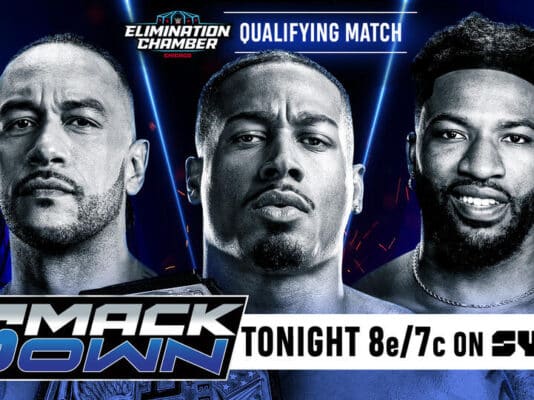
In the dynamic world of combat sports and entertainment, WWE (World Wrestling Entertainment) and UFC (Ultimate Fighting Championship) are prominent giants, each captivating audiences with distinct styles and strategies. While they both operate in the realm of combat-based entertainment, their business models and marketing approaches differ significantly. This article aims to dissect these differences, focusing on how each organization promotes its events, builds its stars, and engages with its audience for revenue generation.
WWE’s Business Model and Marketing Strategy
WWE, known for its extravagant entertainment, has crafted a unique niche through scripted (referred to as “booked”) events that blend athletic competition with theatrical drama. Its business model centers around creating compelling storylines and larger-than-life characters. This approach is evident in how they market their stars, turning athletes like John Cena and The Rock into global icons not just for their wrestling prowess but for their charismatic personas.
Revenue in WWE streams from diverse sources: live event ticket sales, pay-per-view broadcasts, network subscriptions, and extensive merchandise lines. The launch of the WWE Network marked a pivotal shift in content delivery, offering fans a digital platform for accessing live events, shows, and exclusive behind-the-scenes content.
UFC’s Business Model and Marketing Strategy
Contrasting with WWE, the UFC anchors itself in the authenticity of real combat sports. It emphasizes the unpredictability of mixed martial arts (MMA), showcasing fighters from varied backgrounds in unscripted competitions. The UFC’s marketing spotlights the athletes’ real-life stories and achievements. Fighters like Conor McGregor and Amanda Nunes have risen to fame not through scripted narratives but through their genuine feats in the Octagon.
UFC’s primary revenue sources are pay-per-view sales, live event tickets, and lucrative media rights deals. Like WWE, UFC has embraced digital platforms, partnering with services like ESPN+ to stream events, catering to a digitally-savvy audience.
Boldly Embracing New Platforms: Podcasts and Beyond
Podcasts have become vital in both organizations’ arsenals, offering fans in-depth discussions, fighter interviews, and previews of upcoming events. These podcasts not only enhance fan engagement but also serve as platforms for promoting events and analyzing FanDuel UFC odds.
Diving Deeper: Digital Engagement and Fan Interaction
Both WWE and UFC have adapted to the digital era, but their strategies in content and fan engagement show distinct paths. WWE’s storytelling lends itself to a wider range of merchandise, including video games and apparel. UFC, while also significant in merchandise, leans more towards fighter-specific products and event memorabilia.
Conclusion
WWE and UFC, while sharing a common space in combat sports, have carved out unique niches through their business models and marketing strategies. WWE’s narrative-driven content has created an entertainment empire extending beyond the ring. Their scripted approach allows for creative storytelling and character development, making it a hybrid of sports and entertainment. Meanwhile, UFC’s emphasis on authentic competition has established it as a powerhouse in the sports world.
These innovative approaches to audience engagement and digital marketing have sustained and expanded the companies’ global reach, demonstrating the diverse potential within combat sports and entertainment.












